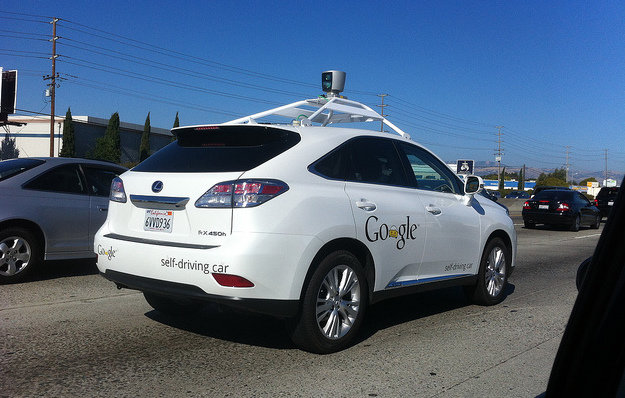On the world wide web, Google is the place to be when trying to find out about almost anything that exists now, in the past or in the future. Not only has Google built its reputation on providing its users with answers to their questions, but within the next two decades and beyond it will not only give users answers to their questions, but try to predict what a person wants before even they know themselves.
Highlights of Contents
Google’s Crystal Ball

The goal of Google into the future is to take its ability to “predict and suggest” answers and accomplish this before the question is even asked. According to Marissa Mayer, Google’s Vice President of Local, Maps and Location services the company wants to move into searches that are more futuristic-oriented than what is needed in the present time. For example, Google may already know that when a person is in a different city he may tend to like pizza, and will suggest restaurants in that city serving pizza. The “predict and suggest” philosophy will not only apply to eating out, but connecting with strangers based upon mutual interests. Users can see Google suggest someone they should get to know based upon commonalities gathered during previous online sessions. While the idea of this has some folks concerned with privacy issues and believing Google is becoming too involved within a user’s personal life and information, others see it as a positive tool that can be very helpful when traveling in different parts of the world.
The Car Without a Driver

Google’s recent venture into self-driving cars is also another way the company is using technology on all fronts to hone its “predict and suggest” ways. Because these cars are dealing with over 400 different inputs at any one time, trying to figure out how to integrate everything into one complete package, the search engine is trying to do the same thing. As users input more and more information, Google wants to figure out how to integrate that information into figuring out a person’s behavior and therefore knowing what to suggest on a variety of fronts. Former CEO Eric Schmidt stated that he always believed “most people don’t want Google to answer their questions, but rather tell them what to do next.” This comment had privacy advocates concerned, worried that man will one day want to be ruled by machines and technology.
The Sniff Test

As Google has moved from emphasizing information to more of a products-oriented company, concerns have mounted that the company delves too much into the privacy of its users in order to offer more and more services. Since 2011, when Larry Page replaced Schmidt as CEO, Google has become a company very good at streamlining its products and focusing on how products fill user’s needs. With the goal of Google to provide a seamless user experience and become a one-stop spot for anything and everything a person needs and wants, concerns will continue to mount as to whether the company crosses the line from market research into user privacy. As Google continues on its current path, a Denver SEO expert and others will watch with great interest to see how the grand plan plays out.
Austin Faux is a blogger and copywriter for Social Media Today. I’m on the phone and computer looking up the latest social media news during the work week. But when I’m home I’m helping my wife relax, playing with my two kids and messing around on my nerd podcast, “I Am A Super Nerd.”
